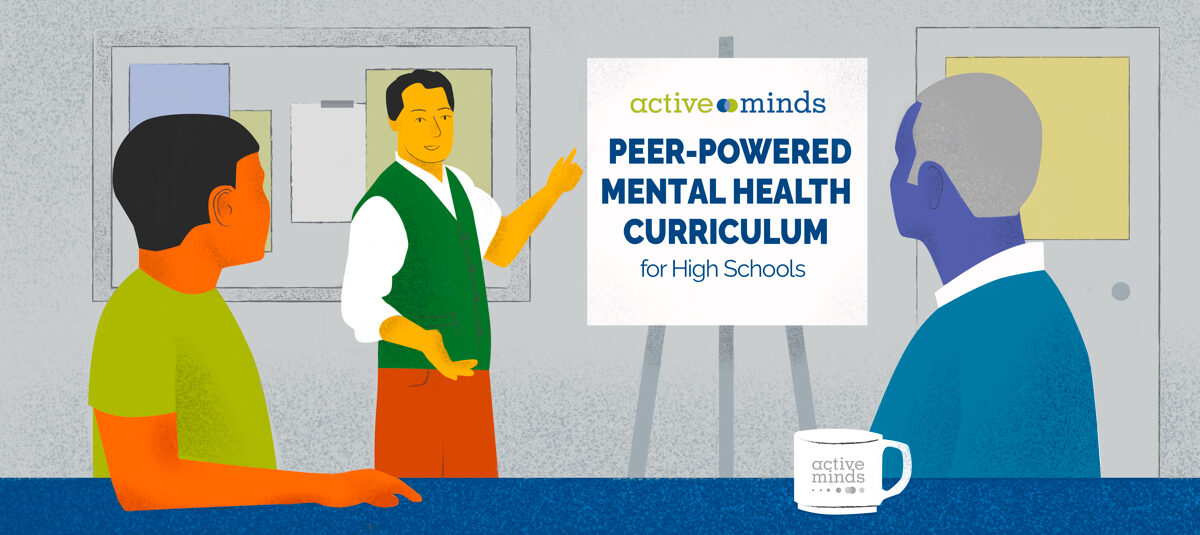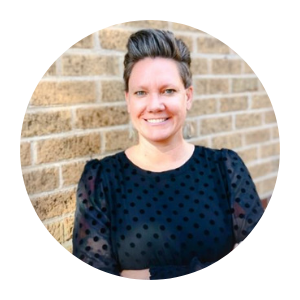It’s no surprise that school counselors play an important role in supporting student mental health, well-being, and academic success in K-12 schools. They are the people most engaged in programs and activities that help students develop healthy goals, mindsets, and behaviors. They are making a difference in the daily lives of our K-12 students and changing the conversation about mental health in their schools.
Despite this fact, many schools do not have enough school counselors to meet the needs of their student body. The current ratio is 408 students for every counselor, sitting much higher than the American School Counselor Association’s recommended 250 to 1. Several states are working to advance policies to invest in improving the ratio of school counselors and other school mental health professionals, and they need local support to help advocate for this need.
As we work to improve the school counselor-to-student ratio, we also have a responsibility to ensure we are creating a pipeline of school counselors that reflect the communities they serve. Currently, the majority of the K-12 student population are students of color, while most school counselors are white. There are not enough school counselors of color to support their needs and serve as role models for students, and it is therefore important they are trained to unpack their own biases, learn more about the lived experiences of their students, and ensure they are creating an emotionally healthy and safe environment for their Black, Indigenous, and students of color (BIPOC).
School counselors also need to understand the systematic barriers, like stigma and trauma, which make it difficult to discuss mental health and work to break these barriers down so that students and their families know they have the support and resources they need.
School counselors also play a critical role in supporting lesbian, gay, bisexual, transgender, and queer (LGBTQ+) students. We are seeing legislators advocate and adopt several pieces of anti-LGBTQ+ legislation across the country. School counselors know that LGBTQ+ youth are incredibly vulnerable, and in some states, they fear they will no longer be a trusted, confidential resource for their students because the law could force them to out their students to parents or caregivers. This is exactly the opposite of what the school counselor’s job is. Their role is to listen and support their students without judgment or causing harm.
We must advocate for students to feel safe being their authentic selves in school and for counselors to remain a reliable support. As we work to create national change in how school counselors are able to support their student body, we can also work to improve mental health dialogues and accessibility on a school-wide level. One way school counselors can work to create a healthier culture is by partnering with Active Minds.
Many of the Active Minds chapter advisors are also school counselors. They provide supportive spaces for young people to lead conversations about mental health with our free Peer-Powered Mental Health Curriculum for High Schools. They also are advocates for chapter leaders planning school-wide mental health events and navigating any school-level permissions for such events. If you are an Active Minds Chapter advisor, thank you so much for supporting your students! If you are interested in starting an Active Minds chapter at your school, we encourage you to check out our Chapter Success Guide: Role of the Chapter Advisor.
While we celebrate our school counselors this week, we should also honor them every week by supporting state and local efforts to fund opportunities that hire more school mental health professionals, advocating for youth-led mental health programs and culturally inclusive resources, and contacting elected officials to oppose legislation that harms the social and emotional well-being of all young people.
National School Counseling Week is Feb. 5-9, 2024. To look up the school counselor ratios in your state and to sign up to get involved in local efforts visit The Hopeful Futures Campaign.




